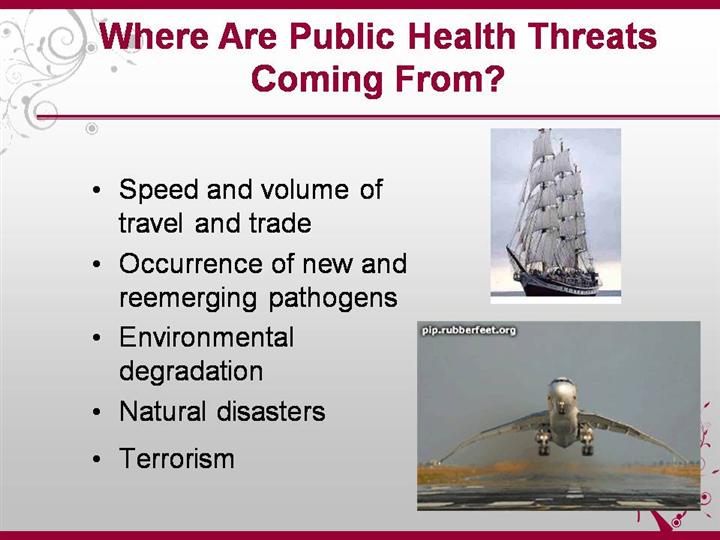| front |1 |2 |3 |4 |5 |6 |7 |8 |9 |10 |11 |12 |13 |14 |15 |16 |17 |18 |19 |20 |21 |22 |23 |24 |25 |26 |27 |28 |29 |30 |31 |32 |33 |34 |35 |36 |37 |38 |39 |40 |41 |42 |43 |44 |45 |46 |47 |48 |49 |50 |review |
 |
We live in a world where threats to health arise from the speed and volume of air travel, the way we produce and trade food, the way we use and misuse antibiotics, and the way we manage the environment. All of these activities affect one of the greatest direct threats to health security: outbreaks of emerging and epidemic-prone diseases. Outbreaks are unique public health events because of their ability to cross national borders, undetected and undeterred. Traditional defences at national borders are no protection against a microbe incubating in an unsuspecting traveller or an insect hiding in a cargo hold. All nations are at risk. This universal vulnerability creates a need for collective defences and for shared responsibility in making these defences work. |